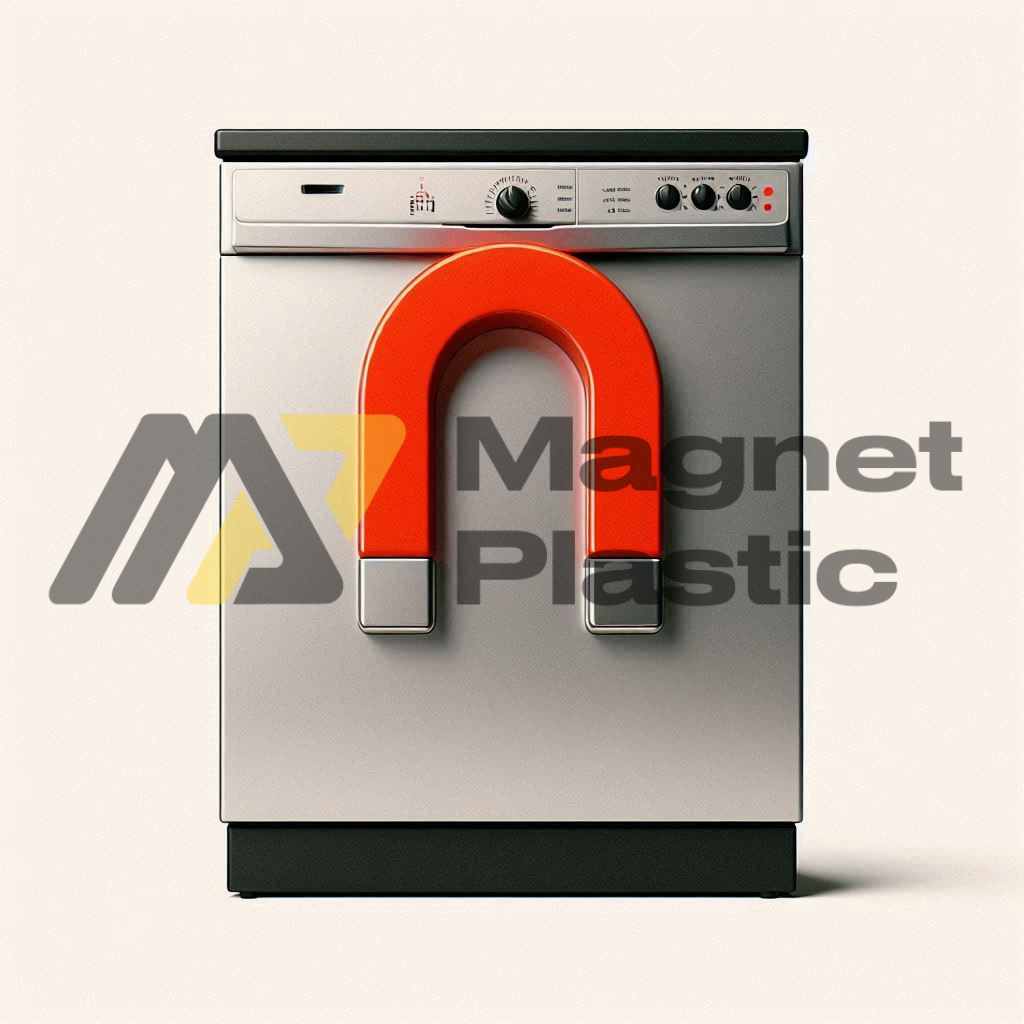Neodymium Magnets in Household Appliances
Neodymium magnets are a key technology in modern electronics and play an essential role in improving many household appliances. These powerful magnets, which belong to the rare earth group, are known for their impressive magnetic strength, allowing them to be instrumental in the design of smaller, more efficient and longer-lasting devices for the home. Although they go unnoticed, their impact on everyday life is significant.
Why are neodymium magnets important in household appliances?
Neodymium magnets in household appliances are much more than just magnetic parts. Their superior strength allows them to be ideal for applications where space is limited, but high performance is needed. Invented in the 1980s, these magnets are made from a combination of neodymium, iron and boron (NdFeB), and their ability to generate an extremely strong magnetic field has revolutionized the design of many devices, especially in the home environment.
Applications of Neodymium Magnets in the Home
Motors in small appliances: Motors in small appliances such as blenders, vacuum cleaners, and dryers often rely on neodymium magnets to deliver high performance. Because of their power, these magnets allow for more compact and efficient motors, resulting in lighter, more energy-efficient appliances. In vacuum cleaners, for example, motors with neodymium magnets improve suction power without increasing electrical consumption.
Speakers and sound systems: Neodymium magnets in audio systems provide excellent sound quality in entertainment equipment such as televisions, portable speakers, and headphones. Thanks to their ability to generate powerful sound in a small space, these magnets allow for smaller, lighter speakers, without sacrificing audio quality. Additionally, their lightness makes them the preferred choice for portable devices.
Sensors and locks in appliances: Refrigerators and microwaves also take advantage of the power of neodymium magnets to improve their functionality. In many cases, these magnets are used in door lock sensors, ensuring that appliances operate only when they are properly sealed. This improves energy efficiency by maintaining constant temperatures and ensuring that appliances do not waste energy unnecessarily.
Smart Appliances: With the rise of automation and smart homes, neodymium magnets have found a place in high-tech devices such as robot vacuum cleaners. In these devices, magnets are used in sensors that allow for precise navigation around the home, improving efficiency and cleaning coverage. Their precision and durability make them an essential part of smart appliance technology.
Key Benefits of Neodymium Magnets in Appliances
Using neodymium magnets in appliances offers numerous benefits. Firstly, their incredible magnetic power allows for the creation of smaller motors and components, helping to design more compact and user-friendly appliances. Furthermore, their energy efficiency is remarkable, as many appliances can operate more effectively using less electricity, resulting in significant savings in energy consumption.
Another advantage is their resistance to demagnetization. Unlike other types of magnets, neodymium magnets maintain their strength for extended periods, even under demanding conditions, such as those found in intensively used appliances. This makes them a reliable and long-lasting choice, especially in appliances that require constant performance, such as washing machines and dryers.
Neodymium Magnets: The Key to Appliances of the Future
The impact of neodymium magnets on appliances is not only relevant today, but also paves the way for future innovations in home technology. As appliances become more compact, smarter and energy efficient, these magnets continue to be a key player in the development of new functionalities and improvements. From automatic vacuum cleaners to advanced cooling systems, neodymium magnets will continue to drive the evolution of modern appliances.
Conclusion
Neodymium magnets in household appliances are a key part of improving the performance, energy efficiency and durability of many appliances we use every day. Thanks to their powerful magnetic field and ability to operate efficiently in tight spaces, these magnets have enabled significant advances in home technology. They will undoubtedly continue to play a crucial role in the future cial in the creation of more advanced and sustainable appliances in the future.
